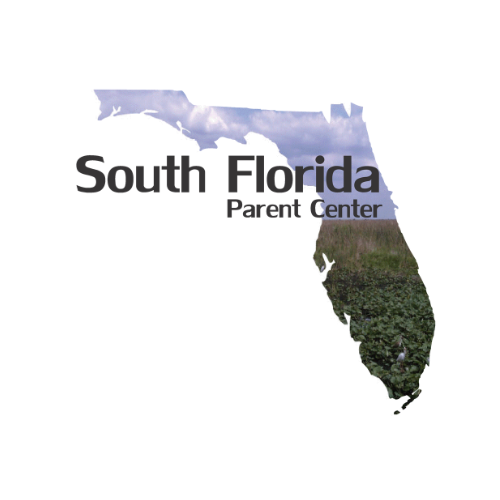 What is disability culture? It is interesting to note the overall willingness of the disability community, which includes individuals with disabilities and their families, to initially embrace any and all regardless of the type of disability. Once indoctrinated however there are many different categories one is placed into based on the type of the disability, the severity of the disability and the prevalence of the disability. As you go deeper into these differences we can really begin to see the flaws in our ability to advocate as a unified entity.
What is disability culture? It is interesting to note the overall willingness of the disability community, which includes individuals with disabilities and their families, to initially embrace any and all regardless of the type of disability. Once indoctrinated however there are many different categories one is placed into based on the type of the disability, the severity of the disability and the prevalence of the disability. As you go deeper into these differences we can really begin to see the flaws in our ability to advocate as a unified entity.
I have often wondered why, with the prevalence of disability in today’s society, we do not have a greater voice in what happens to us and to our children. In my years of sustaining parent networks I have seen the absolute strength and power that can happen when all focus on the same issues. So much positive change happens with that unity, laws are changed, societal access achieved, corporate apologies, boycotts of products and services. These brief flashes of absolute unity have shown me what can happen when commonality of focus and unity is achieved.
Yet that same strength is our greatest weakness at times due to the unwillingness to focus on the big picture as a whole rather than just what impacts me and mine.
I must say that this disability experience has provided me access to such a diversity of individuals that otherwise I would have had no reason to interact with, and that has enriched my life considerably. There is a sense of understanding and belonging between parents that are experiencing this overwhelming process that is unique. One fact of disability is the totally non-discriminatory fashion by which it affects the lives of families. With no preparation, regard for economic status, race, gender, age, or personal plans, disability presents itself at your doorstep and refuses to be turned away.
Too many times we do not embrace, soon enough, the concept of self-advocacy for our  children. It is a lifelong lesson that starts as soon as possible and not something we introduce at graduation. This is a skill they will need for the rest of their lives and needs to be something acquired from the beginning and nurtured throughout a child’s development into adulthood. The real difficulty here lies in the overpowering desire to protect and shelter our children from the real world and that may be the greatest disservice of all. As much as we want our children to succeed we must also give them the opportunity to fail and to learn from those failures because that is life and how we all learn. No decisions made ‘about me without me’ is something we all expect so why should it be different for individuals with disabilities. What is self-determination?
children. It is a lifelong lesson that starts as soon as possible and not something we introduce at graduation. This is a skill they will need for the rest of their lives and needs to be something acquired from the beginning and nurtured throughout a child’s development into adulthood. The real difficulty here lies in the overpowering desire to protect and shelter our children from the real world and that may be the greatest disservice of all. As much as we want our children to succeed we must also give them the opportunity to fail and to learn from those failures because that is life and how we all learn. No decisions made ‘about me without me’ is something we all expect so why should it be different for individuals with disabilities. What is self-determination?
I keep looking with hope for that next generation of disability leaders that will step up and move forward working to end the injustices the individuals with disabilities still continue to endure. Where are those wonderful champions? I wait for that selfless person who will be the difference for all. I have accepted that, despite all of my efforts, equality in education for children with disabilities will not happen in my lifetime. It has always been my belief that if the differences in children are embraced, accepted, and celebrated, then they remain that way through adulthood and that simplistic concept would affect societal change. I still hold that belief to be true.
Does it really take the radical actions of groups such as ADAPT (Free Our People) had to do to shame the status quo, through public disclosure, into doing what is the right thing in the first place?
It is not a matter of if disability will impact your life but just a matter of when it will. I certainly never expected it to impact myself or my child but then it did. I had no control over these changes that occurred in my life but I did have a choice as to how I reacted to the change. At some point in life if you have not yet reached those crossroads you most certainly will. When you reach this crossroad it would be my hope that you would chose the path for change that includes all and work toward systemic change to benefit everyone (all means all) and not just a small group.
The popular belief is that protests arise when large numbers of individuals are fed up with the injustices of their lives. Actually, that rarely occurs. Rather, people rise up when they sense a whiff of hope. (Frank Bowe Ragged Edge – Online)

Reblogged this on Children's Rights.